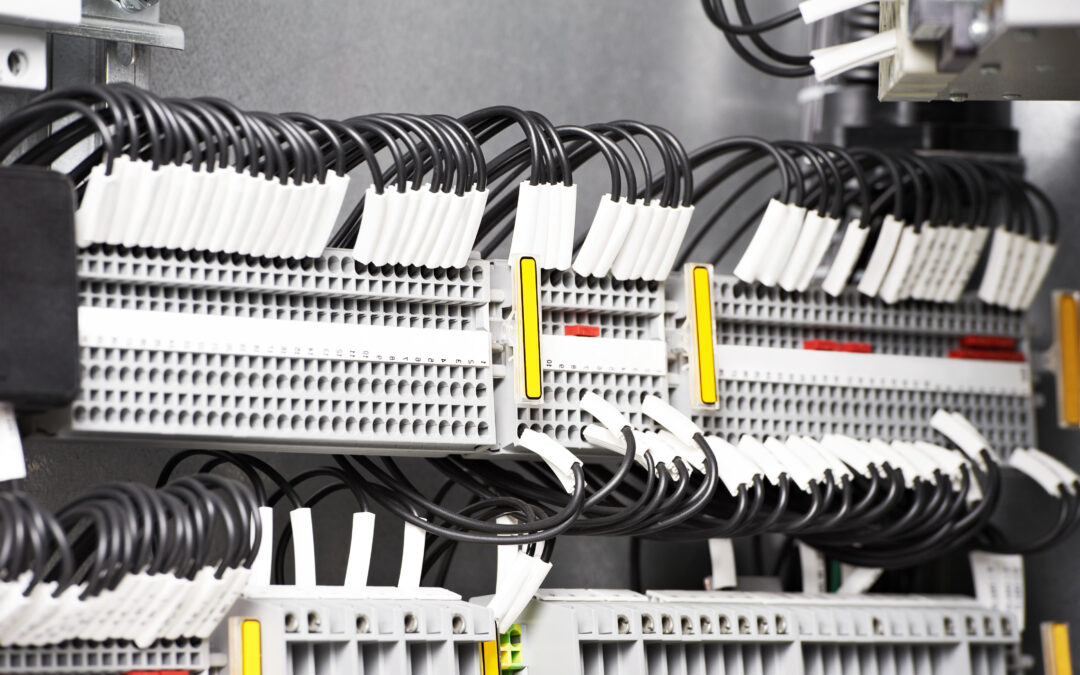As businesses grow and evolve, they rely heavily on their IT infrastructure for operations, communication, and growth. A disorganized network can lead to costly downtime and frustration. Structured cabling offers a solution by providing a systematic approach to network installation.
What Is Structured Cabling?
Structured cabling is a standardized approach to cabling infrastructure that uses a set of rules and guidelines to create a cohesive and organized network. Unlike traditional point-to-point cabling, it uses a series of subsystems, which include:
- Entrance Facilities
- Equipment Rooms
- Backbone Cabling
- Horizontal Cabling
- Telecommunication Rooms
- Work Area Components
Benefits of Structured Cabling
Here are a few reasons why structured cabling is a smart investment for companies of all sizes:
Simplified Maintenance
Organizing the entire cabling infrastructure into a standardized system makes identifying and resolving issues easier. This reduces the time and effort required for troubleshooting and maintenance, allowing IT teams to focus on other major tasks. Additionally, the clear and consistent layout of structured cabling makes it easier to add or remove devices, upgrade equipment, and implement changes without disrupting the entire network.
Cost-Effectiveness
While the initial investment may be higher than traditional cabling systems, it offers significant cost savings in the long run. The organized design reduces the need for frequent repairs and replacements, lowering maintenance costs. The flexibility and scalability that structured cabling offers help minimize the expenses associated with network upgrades and expansions.
Easier Organization
The approach eliminates the clutter and mess associated with traditional cabling, creating a cleaner and more professional environment. This makes managing and maintaining the network easier while making the workspace pleasant. A tidy and organized cabling system also reflects positively on your business, showcasing your commitment to quality and professionalism.
Improved Flexibility and Scalability
The modular design of a structured network allows for easy additions, moves, and changes, ensuring that it can grow and evolve with your business. This flexibility is particularly important for organizations anticipating growth or frequent changes in their operations, as it allows for seamless transitions and minimal disruptions.
Compliance with Standards
Structured cabling follows international standards set by organizations such as the Telecommunications Industry Association (TIA) and the International Organization for Standardization (ISO). These standards guarantee that cabling systems are designed, installed, and maintained consistently and reliably across different environments. By following these guidelines, you also demonstrate a commitment to quality and professionalism.
Support for Advanced Applications
The approach supports a wide range of advanced applications and technologies, making it an ideal solution for modern businesses. This guarantees that your business can take full advantage of the latest technologies, improving collaboration and productivity. As new applications and services become available, it allows easy integration to make sure your network remains up-to-date and capable of meeting your business needs.
Future-Proofing Your Network
Investing in structured cabling helps future-proof your network by providing an infrastructure that can adapt to changing technology and business needs. As new technologies emerge and business requirements evolve, it allows for easy upgrades and expansions without the need for extensive rewiring or disruptive changes. This means your network can grow and evolve with your business, ensuring you stay ahead of the curve.
Ready to upgrade your business IT infrastructure with structured cabling? Look no further than our team at Data Safe Group LLC. Contact us today to discover how our expert solutions can help you.

